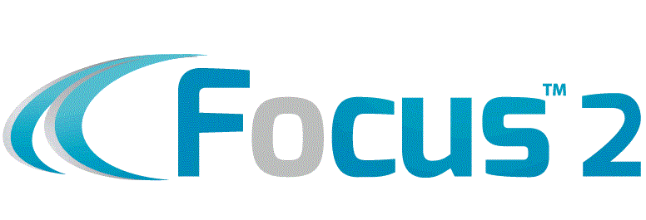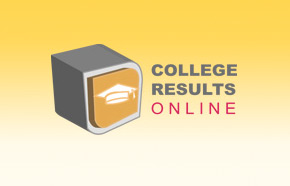Which One Should I Take – SAT Or ACT?
Which One Should I Take - SAT Or ACT? Millions of Students Ask This Question Each Year
by Dr. Kuni Beasley
Every year, millions of high school students ask this question and few actually get a definitive answer. There are differences between the two tests and if you know what makes them different, you can plan a better college testing strategy to best position you for admissions and scholarships.
The ACT - for American College Testing - is in Iowa City, Iowa. The ACT consists of four sections - English (45 minutes), Math (60 minutes), Reading (35 minutes), and Science (35 minutes), with an optional Writing section (30 minutes). ACT scores are calculated for each section (English, Math, Reading, and Science) then a composite score is derived from those section scores.
The SAT comes from the College Board - technically, the College Entrance Examination Board (CEEB), in New York City. SAT used to stand for Scholastic Aptitude Test, but doesn't stand for anything anymore. The actual test questions are developed by the Educational Testing Service (ETS) in Princeton, New Jersey - that's where the Princeton Review gets its name - because it was started in Princeton, NJ, not because it has any relationship with Princeton University.
The SAT has three components: Reading, Math, and Writing. These are spread out in ten test sections.
Now - for the differences:
Difference Number 1:
Do you know what SOHCAHTOA is? No, this not a Native American tribe from upper New York state. If you know what this means, then you are probably better prepared to take the ACT than someone who does not. The answer is at the bottom of this article.
Difference Number 2:
The ACT is a curriculum based test, which means that questions are based on what students are supposed to have learned in high school English, Math, and Science. This can be good or bad, depending on your perspective. If you didn't learn much in high school, it will probably show on your ACT score. If you learned what you were supposed to, that, too, will probably reflect on your score.
The SAT is supposed to be an aptitude test, which means it is supposed to test your ability to think or analyze, or something like that. This means (theoretically) that if you didn't learn much in high school because you were bored out of your gourd because you are actually some sort of latent underachieving genius, it will show up on this test. This perspective has some validity, because there are many underachieving otherwise intelligent kids who make terrible grades yet score high on the SAT. The opposite is also true. There are many hard-working high school students who make good grades, but score poorly on the SAT.
Difference Number 3:
The Essay. Back in 2005 the SAT made massive changes and one of those was to include an Essay. ACT followed up with an optional essay. The reality is that after four years, many colleges completely discount the SAT Writing component, including the Essay because of problems with grading consistency. These colleges usually use the Math and Reading scores.
This is where you need to do your homework. Find out if the colleges you are considering actually use the SAT Essay or require the ACT essay. You have to watch out. Although many colleges "officially" do not consider the SAT Writing and Essay, they still get the scores with those components, and... with those scores right there in front of them, may influence their perspective even though they are not "officially" considered.
My recommendation is that you take both - preferably in your junior year - and see how you do on them. Don't send your scores to any colleges until you have scores you want to send.
Oh - SOHCAHTOA is the acronym for the Trig functions: Sin = Opposite/Hypotenuse; Cosin = Adjacent/Hypotenuse; Tangent = Opposite/Adjacent. The SAT only goes through Algebra II. Trig is on the ACT.
Kuni Michael Beasley, Ph. D., College Professor, High School Dean, and College Counselor.
No matter what I wrote above, it doesn't mean anything if you don't get into the college you want or have to go into debt up to your eyeballs to do so. Contact us to see how we can help 1-888-237-2087 ext. 2.





